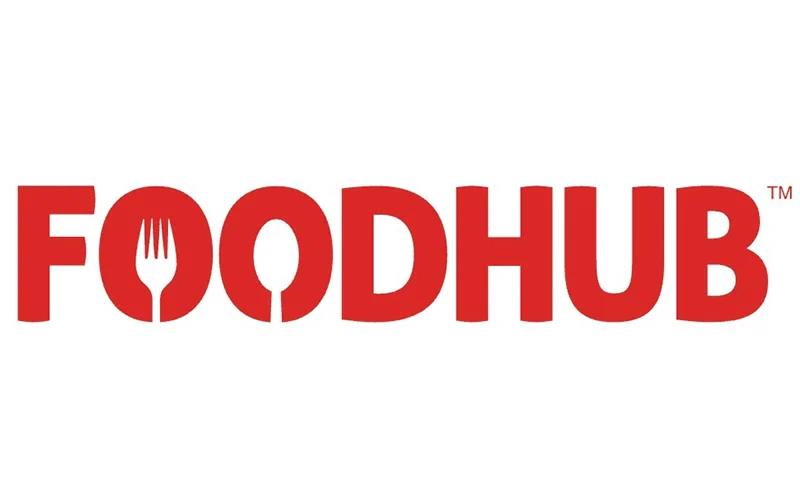Foodhub: A case study in how diversity, equity and inclusion (DEI) can work
Foodhub, the fastest-growing online food ordering company in the world, sits at the interface between the restaurant industry and consumers. Food ordering companies have frequently been a barometer for change and innovation in the Food Industry but Food ordering companies were not included in the recent landmark report by the US National Restaurant Association on diversity, equity, and inclusion (DEI). The report set out to measure how effective DEI policies actually were in the food industry. The US is some way ahead in putting diversity, equity and inclusion at the heart of good human resource practices. However, the report found that there was a significant mismatch between the rhetoric of policies in this area and the actual experience of employees in their working lives. This all matters for customers because the awareness and perceived effectiveness of DEI practices among employers and employees in the restaurant industry was also found by the report to be a key measure of morale in the companies. Happy companies provide better services. We found that in contrast to the findings of this report, at Foodhub, the C-Suite DEI policy is the working experience of the staff team.
Foodhub was founded by two friends in Stoke on Trent in 2017. Since then the company has grown massively through the Covid-19 crisis during which the food delivery sector in the UK grew by 40% to be worth £3.7b annually. They have expanded internationally with a global network of over 22,000 partners. The two friends, Adrian Mula and Mohammed Shakil now run a company that has operations in Australia, the US, Mexico, Guatemala, Ireland and New Zealand, which continues to grow and as it grows it needs to manage diversity in its workforce and amongst its many partners. Unlike local restaurants or even national restaurant chains a fast-growing food ordering business like Foodhub has to deal with DEI issues head-on and every day.
The culture of DEI is sometimes said to be in the DNA of a company and not something that can be retrofitted. Generation Z – aka Zoomers – expect to feel that sense of inclusion which rests on equity and allows for diversity to thrive. As zoomers are a big part of the Foodhub story their values are naturally present in the ethos of the company. Another key feature of a truly DEI-informed company is that the policy and practice start from the very top. DEI is not something delegated from the C-Suite to others and something that is only for those lower down.
On all these variables, Foodhub seems to be hitting its marks. Adrian Mula, the CEO and one of the founding pair of friends, is adamant: “the diverse culture of this company is mandatory and is a non-negotiable trait of our brand”. Mula’s style is egalitarian (See Nicola text box) and that sends the right signals from the interviewing process onwards. “Titles, age, race, accent… nothing matters when it comes to the work environment. Only respect matters here and we ask all the employees to contribute to the same goal: give their best, cooperate and share. It doesn’t matter how good you are at your job. If you are not inclusive (and if this trait is not normal for you), you have no future within this company.” There are carrots as well as sticks on offer.
The CEO’s team promotes events among the teams to enable networking. Part of the DEI culture of a company is the ability to bridge and bond across teams and that leads to much smoother brokering of co-operation when needed.
Trust is also a key element of DEI informed workplace and that means getting to know people outside your reporting lines, sharing, and collaborating: embracing the added value that diversity brings. Every department has a monthly budget to spend on recreational events: Barbecues, afternoon tea, and breakfasts are all common ways to bring people together from different departments. Foodhub also has Cricket, football, and chess teams that play together in tournaments. There are great staff areas with pool tables, ping-pong, and relaxing chairs at Foodhub HQ where people can meet and share their backgrounds. (See Ojochenemi text box)
This is a powerful policy direction and statement from the CEO. One measure of the truth that this company walks the walk as well as talking the talk is the ability to manage and cohere a network of 22,000 partner organisations and rising. But Head Office sets the tone and we heard lots of stories of the way in which staff from diverse backgrounds have flourished in the Foodhub HQ.
Foodhub seems to have achieved what must be the goal of every company’s DEI policy and practice: it feels normal. So much so that they have never overtly used it as part of their brand identity. However, given the many challenges to DEI in the world, they now think it’s the right time to position the brand as a champion of DEI in the food sector. In part that is because this is one of the things that differentiated Foodhub from its competitors since the very beginning. Diversity is a pillar of the company culture. DEI as normality. The management claims it and in contrast to the findings of the US National Restaurant Association quoted above, the staff here agree.

